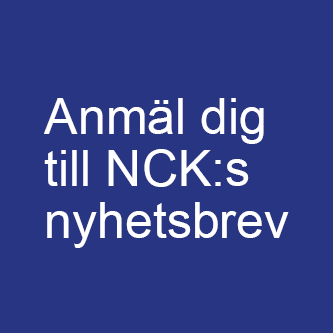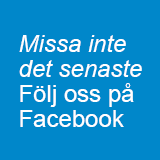This is a large multi-stakeholder project funded by Horizon Europe. It will run 2024-27.
The project has an interdisciplinary approach and focuses on the understanding of the constantly changing nature of Cultural Heritage, and on the role that empathic emotions, co-creation and individual interpretation play in sharing this understanding, and in helping citizens to face current and future societal transformations, with greater confidence.
META-MUSEUM acronym describes the dream to overcome the traditional vision of cultural places, to include people, activities and places in a pervasive, unconventional and emotional way.
In the last few years the whole world has been experiencing a series of crises involving every part of society that affected the psychological condition of the population, causing greater fears about the future, causing stress and anxiety. In particular, rapid and pervasive technological revolutions generate a sense of loss of control and an anxious need to keep up with them so as not to be cut off from the changing world. A number of international studies confirm these adverse changes and the increase in EU citizens’ anxiety.
META-MUSEUM intends to make citizens aware that interpreting Cultural Heritage is everyone’s right, and that everyone can transform it. Nowadays we know that not only simply accessing Cultural Heritage, but above all interpreting, transforming and co-creating it is a fundamental human right. Understanding that the Cultural Heritage belongs to all citizens, and that its transformation depends on all of them, generates greater attachment to it and greater understanding of what it really means, and how much it is actually a mirror of contemporary time, as it is the one that attributes values and meanings to it.
Understanding that it is us who attribute meanings to the Cultural Heritage, and not just a small circle of scholars (with the task, albeit very important, of giving us tools for understanding), increases our awareness that changes are part of life, and can be overcome if, like Cultural Heritage, we are resilient; it also increases our confidence that we are in control of the changes: even the most dramatic ones are not actually beyond our control. Then the confidence in having control over what happens is regained.
Self-esteem, given by recognizing that one has the right and the possibility to do something, is a component of confidence. The Excellence of the META-MUSEUM project lies in three main points:
1. Transdisciplinary approach: Museography and Cultural Heritage Communication disciplines, Social Sciences, Psychology and Neurosciences, Computer Sciences and Geomatics collaborate to reach significant and evidence-based results on how the constantly changing nature of Cultural Heritage can be understood by all citizens and how this can improve their confidence and resilience.
2. META-MUSEUM measures confidence given by understanding of the transformative nature of Cultural Heritage, both from a conscious point of view, and taking into account the unconscious mechanisms at the neurophysiological and psychological levels, during a cultural experience. Thus, results are evidence-based, while statements and hypotheses in this context have so far been made only at a theoretical level.
3. META-MUSEUM assumes that citizens can understand the transformative nature of Cultural Heritage and get more confidence from it, if between it and citizens a “transformative encounter” happens. META-MUSEUM aims to develop several evidence-based principles on how cultural experience can become transformative, and democratic, and how to conceive and design them. In this way, META-MUSEUM also develops new skills (which the META-MUSEUM Consortium refers to as “TransforMeans theory” (TMt) that can be defined as “empathic cultural mediation”, to design cultural experiences.
META-MUSEUM intends to take up the challenge to focus on archaeological heritage: it is far for present times; it is fragmentary; it often seems to be understandable only by insiders.
Coordinator
Politecnico di Torino (coordinator), Italy
Partners
Università Sapienza di Roma, Italy
Vrije Universiteit Amsterdam, Netherlands
Kentro Merimnas Oikogeneias Kai Paidiou, Greece
Friedrich Schiller University-Jena, Germany
National Information Processing Institute, Poland
Nordic Center of Heritage Learning and Creativity (NCK), Sweden
Vilnius Gediminas Technical University, Lithuania
European Academy Museum, Netherlands
Beia Consult International, Romania
Associated Partners
Agència catalana del patrimoni cultural – Museu d’Arqueologia de Catalunya, Spain
Cultural Foundation of the National Bank, Greece
Museoparc Alesia, France
Fondazione Museo delle Antichità Egizie di Torino, Italy
In addition, many European archaeological museums have joined the project with a Letter of Interest and willingness to host experiments: Louvre-Lens (France); Museo Nazionale Etrusco di Villa Giulia (Italy); Neues Museum (Germany); Moesgaard Museum (Denmark).
Moreover, also a policy maker (Municipality of Turin, Italy), joined the project with a Letter of Commitment.
For more information, contact at NCK: Charina Knutson


